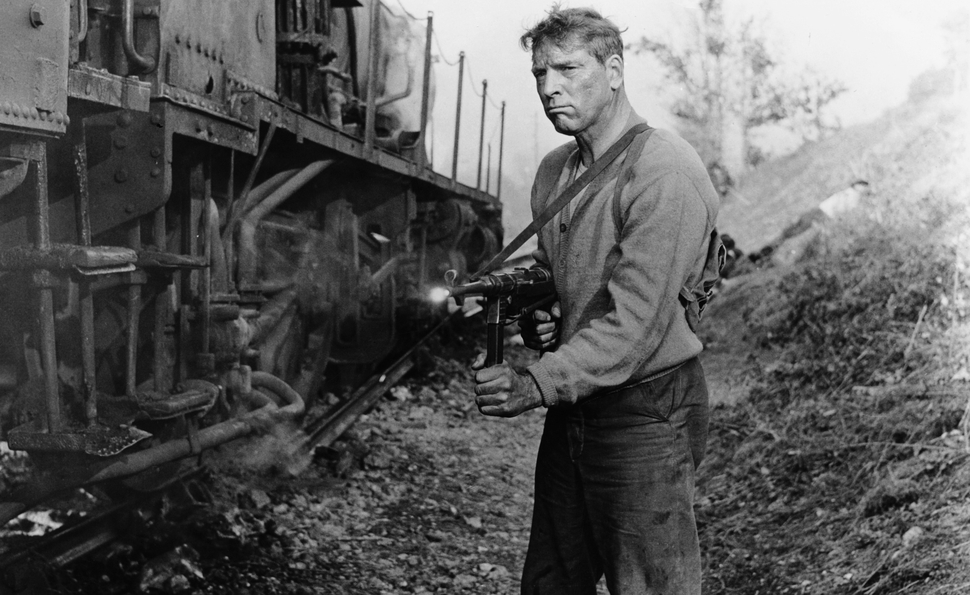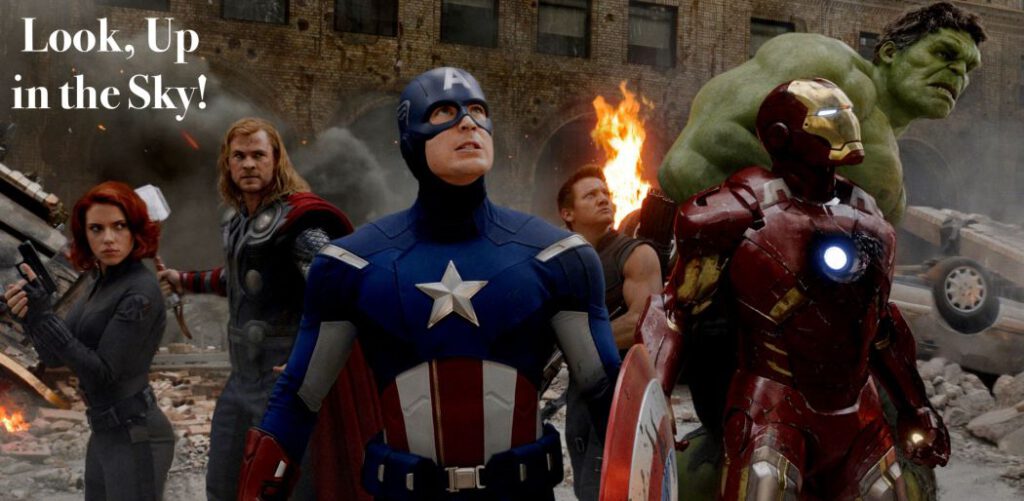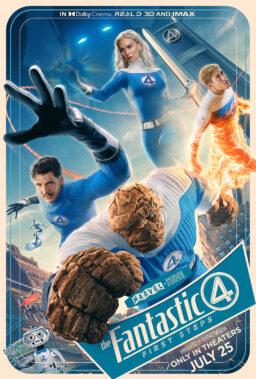1.
“The Marvel-Industrial Complex“: James Rocchi of Movie Mezzanine pens an essential analysis on the Marvel movie franchise.
“Umberto Eco’s 1962 essay ‘The Myth of Superman’ isn’t just illuminating as a demonstration of what one of the world’s finest minds was thinking about superheroics as a message and medium in that time; it’s also worth reading for how much he noted at the time is still true today. To Eco, comics were a model of serial storytelling as commodified for a mass audience: Create the illusion of change in individual stories, but maintain a state of storytelling stasis, ultimately, so new readers can join the next installment even as regular readers marvel at the story leaps and jumps in each issue while noticing that the big red reset button is always being hit.This is also the model for the Marvel movies, although with the reality of real-world contracts and aging actors in the mix. As Whedon himself noted in an interview, the serial-stasis model of comic-book storytelling affects these films, often to their detriment: ‘It’s very unlikely your heroes are not going to make it through [to the end]. So what are the stakes? How do you raise them?’ The answer, at this point, is that you don’t raise the stakes, you just repeat them: Each film sees a crisis that ends in the status quo that will start the next movie, again and again.”
2.

“Writer/Director/Star Helen Hunt on Her Surfing Film, ‘Ride’“: Our own Nell Minow interviews the actress/director at The Huffington Post.
“You have a wonderful chemistry with Australian actor Brenton Thwaites, who plays your son. [Hunt:] ‘He’s just a doll. When I watch the move to this day I put my hand on my heart. He is such a lovely, lovely person. He is nothing like the part I wrote. When I met him and he had all this enthusiasm to play the part I really didn’t know what to do because I wrote a pasty New Yorker who is all caught up in his head and that was not the person who walked in the door. But he wanted to get close to being that person and I wanted to change the part to embrace who he was instead of having these two people who were very much the same. You had one person all tortured and in her head and another one who didn’t know how to manage her without losing himself so he really informed the character just based on who he was. It’s not like some lightning in a bottle you catch to create on-screen relationships. You work on it. I wrote and re-wrote and re-wrote and cut things and added things and then we would analyze and analyze and analyze and then I worked with him because he doesn’t speak like this person would speak so the fact that he pulled it off is a huge accomplishment for him.’”
3.

“Top Ten Spielberg Summer Movies“: At Indie Outlook, I rank the director’s best viewing options for the season, including his 1968 short, “Amblin’.”
“Spielberg’s first notable directorial effort was shot on 35mm in the summer of ’68 and led to him earning a contract at Universal. People tend to remember it primarily as the movie that inspired the name of Spielberg’s company, Amblin Entertainment, yet it is far more than a trivia-worthy novelty. Enhanced immeasurably by Allen Daviau’s evocative cinematography, this wordless character study, clocking in at a brisk 25 minutes, begins as a whimsical vignette and turns into something more haunting. Two young hitchhikers (Richard Levin and Pamela McMyler) meet on a desolate road, much like Roger Thornhill and the local farmer in ‘North by Northwest.’ Surrounding them in all directions is the blinding desert landscape of southern California, as they trek toward the Pacific coast with little to do but smoke weed, take part in an olive-spitting contest and make love in front of a flickering campfire. Daviau beautifully illustrates the evolution of the characters’ bond in how he frames them on their journey, which concludes with a delicately portrayed revelation that will resonate with anyone who has ever been disillusioned by the mirage of romantic projection. ‘Amblin’’ is visual storytelling in its purest form, clearly the work of a born filmmaker.”
4.

“The Train“: The Dissolve‘s Scott Tobias revisits John Frankenheimer’s 1964 war thriller upon the release of its new DVD edition.
“Though ‘The Train’ is a marvel of old-fashioned action craft, from invisible dolly shots of breathtaking sophistication to the careful staging of massive railway catastrophes, it’s not a thoughtless adventure by any means. There’s an irony in the cat-and-mouse relationship between Labiche and von Waldheim: Despite selling the urgency of his plan to superiors by stressing the billion in war funds that could be generated by ‘degenerate art,’ von Waldheim is a true aesthete with a curator’s eye for value; Labiche couldn’t care less about art, but has enough passion for France and for thwarting the Nazis that he’s willing to protect the art at the cost of his own life, even as the war is drawing to a close. Both men treat the art as precious cargo, but for very different reasons. And in Labiche’s relationship with Christine, played beautifully by Jeanne Moreau, the film delves deeper into the reluctant heroism of everyday French citizens, when it would have been safer to mind their own business and wait for liberation.”
5.

“Goodbye, Dave: The Great Agitator“: At The Daily Beast, Tom Shales explores the legacy of the retiring late night host.
“Letterman’s departure really represents the end of the talk-show era; what the networks have in those time-slots now are really comedy-variety shows. (Johnny Carson’s thoughtful, largely joke-free interview with neo-Nazi novelist Ayn Rand, making the Internet rounds yet again, is a reminder of what talk shows started out being, and can never be again). Ends of eras are proclaimed once a month, if not every day, but this really is one, because more than Letterman’s CBS ‘Late Show’ is going out of business. Comedy, entertainment and national values are tectonically changing. Criminally unfair though it is, Dave must go. The talk has been drained out of talk shows, so the genre really needs a name change; it’s already having a game change. The noise level—largely a white noise level—has shot way up. Letterman may have specialized in humor that was goofy, absurdist, deranged, but there was an underpinning of irreverent intelligence to it; a sly sardonic attitude that lampooned the world, the culture, its totems and tenets. In its way it was literate, which much of today’s comedy is not, and does not want to be.”
Image of the Day

At EuroNews, Joanna Gill reports on statues of Edward Snowden, Julian Assange and Chelsea Manning that have been unveiled in Berlin.
Video of the Day
Press Play VIDEO ESSAY: Movie Moms from Nelson Carvajal on Vimeo.
Just try resisting Nelson Carvajal’s latest video essay on “Movie Moms.” Your efforts will be entirely futile. It’s the perfect cinematic Mother’s Day gift.












